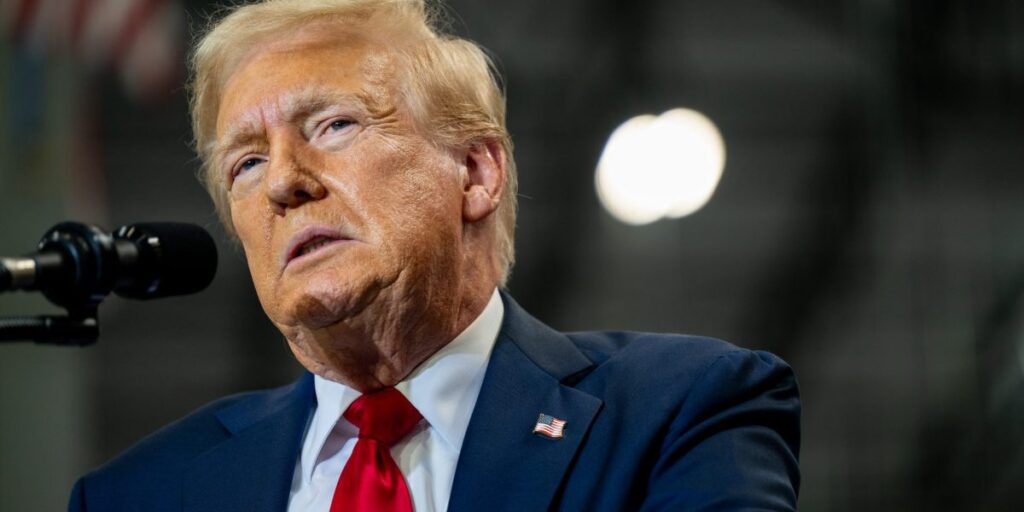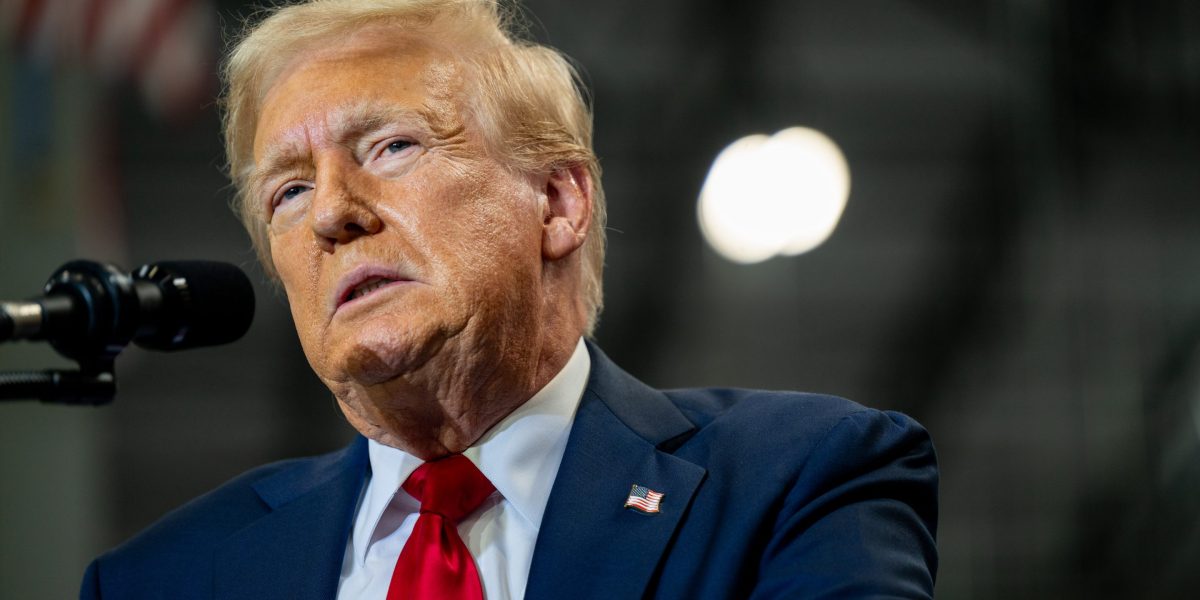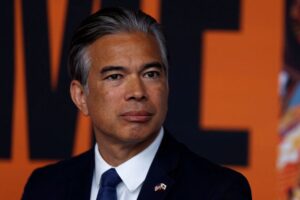Trump says he ‘wouldn’t pay’ employees overtime because he ‘hated it’
The former president proposed eliminating taxes on overtime pay, a practice he admitted to “hating.”


Former President Donald Trump proposed a tax break for overtime wages, which he used to “hate” paying as an employer.
When discussing his new proposal to end taxes on overtime pay at a campaign rally in Erie, Pa., on Sunday, Trump recalled his own dislike for the practice.
“I hated it,” Trump said of overtime pay.
Earlier this month at a campaign event in Tucson, Trump introduced a policy proposal to end taxes on overtime pay. This was Trump’s third policy proposal that would end taxes on certain forms of income. He has also proposed to eliminate taxes on tips and on Social Security benefits for seniors. Changing tax laws requires approval from Congress. However, the tax cuts passed in 2017 under Trump are set to expire in 2025, which would give an incoming administration the chance to change the tax code.
At the rally in Erie, Trump touted his own familiarity with overtime pay, from his time in the private sector. “A lot of people don’t give,” Trump said. “I know a lot about overtime. I hated to give overtime.”
Trump then reminisced about how he would bring in new employees to replace those who were supposed to go on overtime. Though he seemed to realize there were some political liabilities to his recounting of the story.
“I shouldn’t say this, but I’d get other people in,” Trump said. “I wouldn’t pay. I hated it.”
A recent study from the nonpartisan Tax Foundation estimated that cutting taxes on overtime pay would cost $227 billion over 10 years. Trump’s three proposals would raise the budget deficit by a combined $6.8 trillion dollars, according to the Tax Foundation.
However, Trump touted the policy as an incentive for people to seek employment, pointing to police, nurses, and construction workers who would benefit. At his speech in Pennsylvania, he acknowledged the policy’s economic benefits, but said wanted to implement it for other reasons.
“I think it’s going to be economically positive,” Trump said. “But I’m not even doing it for that reason. I’m doing it, like, because the no tax on overtime is something so good.”
The Trump campaign did not respond to questions about the reasons why the former President hoped to pass the policy.
Ending taxes on overtime pay is part of a package of economic proposals to lower taxes that the Trump campaign has announced recently.
Trump’s opponent in the ongoing election, Vice President Kamala Harris, proposed her own version of a policy that would end taxes on tips. Harris’s proposal did include some limits, such as ensuring that white collar workers like investment professionals and lawyers wouldn’t be able to reclassify bonuses as tips to avoid income tax.
Both policies received mixed reviews from economists and experts. Some said it would favor workers who make a certain form of income over others, resulting in a disjointed, even unfair, tax code. They would also cut government revenues with no clear plan to make up for them elsewhere.
Harris’s plans do also come with an increase in the corporate tax rate, which would in theory return tax revenues back to their earlier levels. Trump has proposed cutting the corporate tax rate as well from 21% to 15%. A plan that economists estimate will cost an additional $200 billion over 10 years, according to the Committee for a Responsible Federal Budget.






